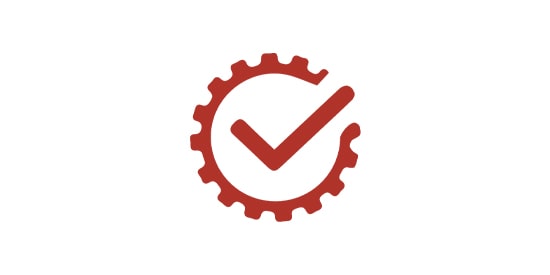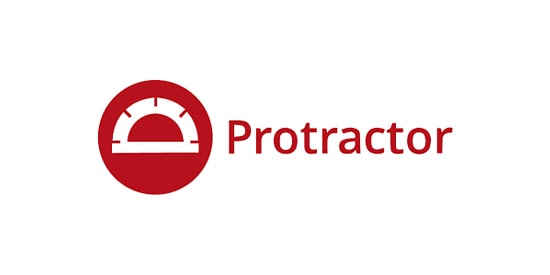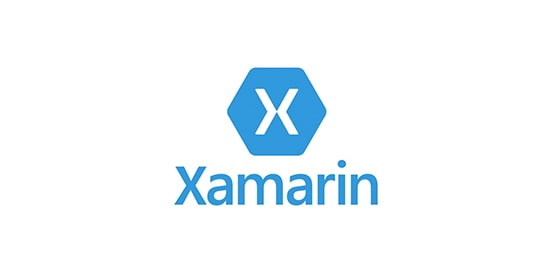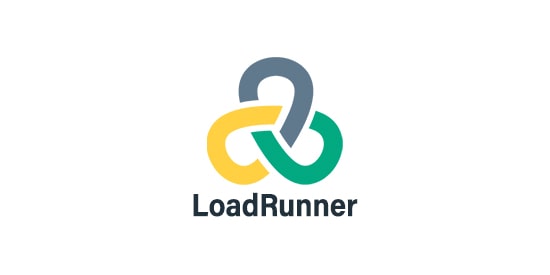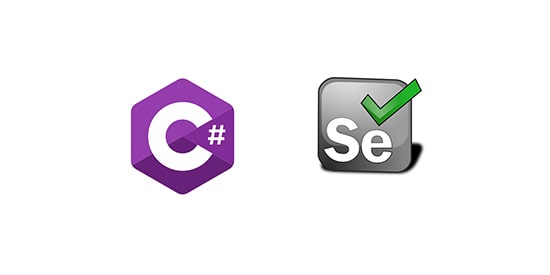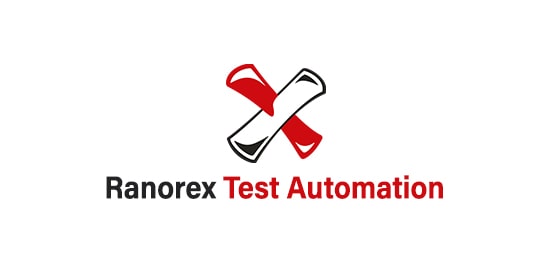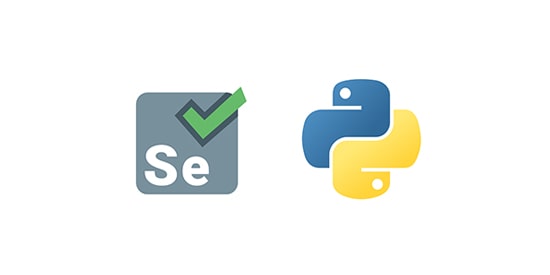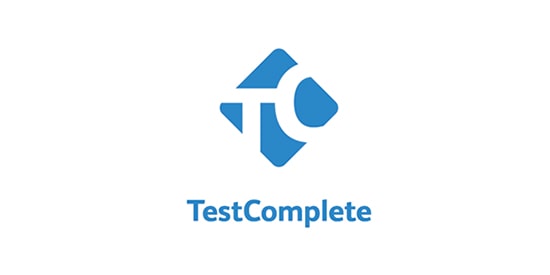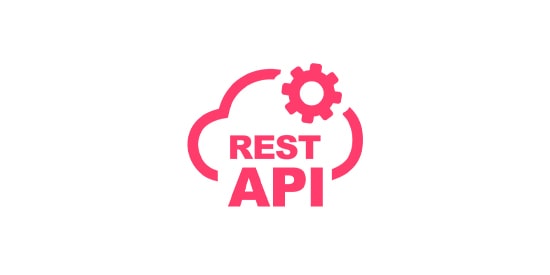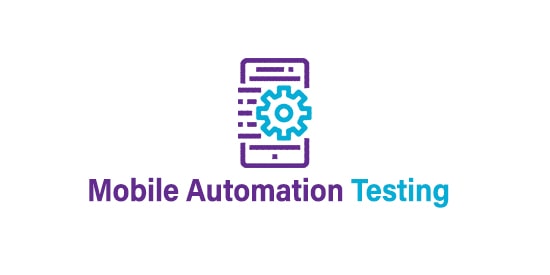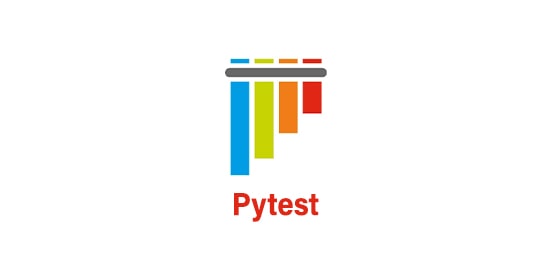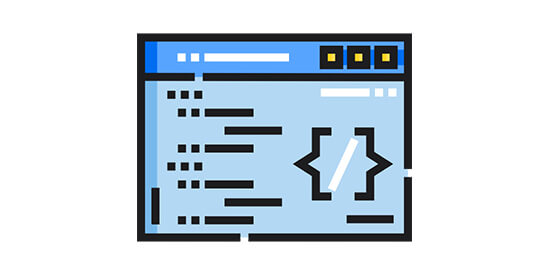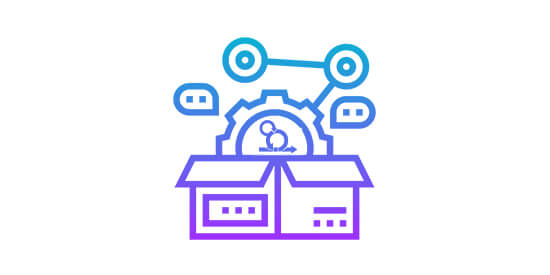Manual Testing Tools Training
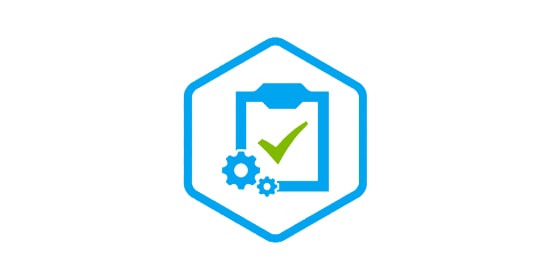
Manual Testing Tools Online Training
QTS INFO provides the best Manual Testing Training by our highly professional certified trainers. We are blissful to be one of the best leading IT online training with the best experienced IT professionals. We offer courses in a way that the students will become experts so that they can meet all their challenges in their respective technologies.
Course Overview
QTS INFO Manual Testing Tools Training is mainly focused on providing maximum exposure to the students and giving them all the tips and tricks in the manual testing process industry. Manual Testing Training will make you proficient in performing functional and regression test automation for software applications and environments.
Key Features:
We provide Certification and Job Assistance
We provide dedicated support for the consultants during your course
Flexible Timings
We just don’t teach the class we provide you the hands-on practice and make you experts.
This course can be taken by Software developers, Engineers, Managers, Analysts, QA Engineers, Testers and graduates who wanted to go for a career in Software Testing.
Top Hiring Company

Industry Trends

Course curriculum / Syllabus
- Introduction to Testing
- Why test engineers are being recruited?
- Who can do this Testing?
- What is Project?
- What is Product?
- What is Quality?
- Classical definition for quality
- What is Defect?
- Latest definition for quality
- What is testing?
- What is Bidding the Project?
- What is Kick Off Meeting?
- What PIN (Project Initiation Note)?
- Software Development Life Cycle (SDLC)
- SDLC contains six phases they are
- Initial phase or requirements phase
- Analysis phase
- Design phase
- Coding Phase
- Testing Phase
- Delivery & Maintenance Phase
- Task
- Role
- Proof
- What are Templates?
- What is a Prototype?
- When testing is used?
- Types of Testing
- What is Un-conventional testing?
- What is Conventional testing?
- Testing Methodology Or Testing Techniques
- Black-Box Testing
- White-Box Testing
- Grey-Box Testing
- Levels Of Testing
- Dynamic Testing
- Unit Level Testing
- Module Level Testing
- Integration Level Testing
- System Level Testing
- User Acceptance Testing (U.A.T)
- Static Testing
- Reviews
- Inspection
- Audit
- Walkthrough
- Dynamic Testing
- Testing Environment
- Presentation layer
- Business layer
- Data base
- Types Of Software Environment
- Stand alone environment or One-tier environment
- Client –server environment or Two-tier Architecture
- Web environment or Three-tier Architecture
- Distributed environment or N-tier Architecture
- Software Development Models
- Water Falling Model
- Prototype Model
- Evolutionary Model
- Spiral Model
- Fish Model
- V-Model
- What is Build Verification Testing or Build Acceptance Testing or Sanity Testing
- Regression Testing
- Re-Testing
- Alpha Testing
- Beta Testing
- Static Testing
- Dynamic Testing
- Installation Testing
- Compatibility Testing
- Monkey Testing
- Usability Testing
- Exploratory Testing
- End-To- End Testing
- Port Testing
- Reliability Testing
- Security Testing
- Authentication Testing
- Direct URL Testing (Uniform Resource Location)
- Fire Wall Leakage Testing 17.Mutation Testing
- Mutation Testing
- ADHOC Testing
- Smoke Testing
- Incremental Testing
- Functional and System Testing
- Usability Testing
- Functional Testing
- Performance Testing
- Security Testing
- Authorization
- Access Control
- Encryption / Decryption
- Test Planning
- Test Development
- Test Execution
- Result Analysis
- Bug Tracking
- Reporting
- Test Design Techniques
- BVA Technique
- ECP Technique
- Test Case Design
- Introduction
- Test Case Design Template
- Types of Test Cases
- Test Case Design Reviews
- Test Data Setup
- Test Execution
- Re-Testing
- Regression Testing
- Result Analysis
- Comparing Expected and Actual Values
- Status of the Result
- Defect Tracking
- What is Defect?
- Preparation of Defect Profile Document
- Defects Tracking and Posting in Tool
- Defect Reporting
- Defect Life cycle Process
- Defect Removal Efficiency
Manual Testing Tools Training FAQ’s:
Software Testing is a validation process which authenticate that a system works as per the business requirements. It qualifies a system on various aspects such as accuracy, completeness, efficiency etc. ANSI 1059 is the global standard that defines the basic principles of Testing.
The Testing ends when the Testing team completes few milestones. Test case execution: The completion of a full test cycle after the final bug fix marks at the end of the Testing phase. Testing deadline: The validation stage also declares the closure of the validation if there is no critical defects remain in the system.
Verification process is to confirm that the product development is taking place as per the specifications and using the standard development procedures. The process contains the following activities:
Inspections,
Reviews,
Walk-throughs,
Demos,
Validation is to confirm that the developed products doesn’t have any bugs and is working as expected. It does the following activities:
Functional Testing,
Non- Functional Testing.
Static Testing means it is a white-box testing which directs developers to verify the code with the help of a checklist to find errors in it. Developers can even start the static testing without finalizing the program. Static testing is more cost effective than dynamic testing as it covers more area than dynamic testing in a very short time.
Black-box testing is a standard software-testing approach which requires tester to assess the functionality of the software as per the business requirements. This software is treated as a black-box and it is validated as per the end user’s requirement.
It includes all the possible testing activities to ensure a quality product. It gathers the data from the product description and use case documents.
It includes the following test plan:
Testing objectives,
Test scope,
Testing the frame,
Environment,
Reason for testing,
Criteria for entrance and exit,
Deliverables,
Risk factors.
It is a quality metric to represent the amount of testing completed for a product. It is equivalent for both functional and non-functional testing activities. It is also used to add missing test cases.
No. we cannot do system testing at any stage. It should only start if all modules are in place and they work correctly. It must be performed before user acceptance testing.
Yes, SAS is worth learning if you are interested in analytics. For finance and medical fields it is the best tool to learn because it is so widely used in those industries. If you are having programming experience, adding SAS to your skills will be a simple task and definitely it becomes worth for your career.
Enquire Now
Related Courses
Why QTS INFO
Best Virtual training classrooms for IT aspirants
Real time curriculum with job oriented training.
Around the clock assistance
We are eager to solve your queries 24*7 with help of our expert faculty.
Flexible Timings
Choose your schedule as per your convenience. No need to delay your work
Mock projects
Real world project samples for practical sessions

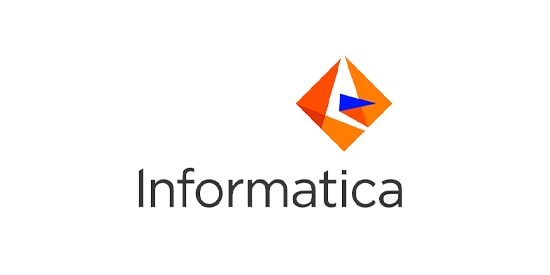
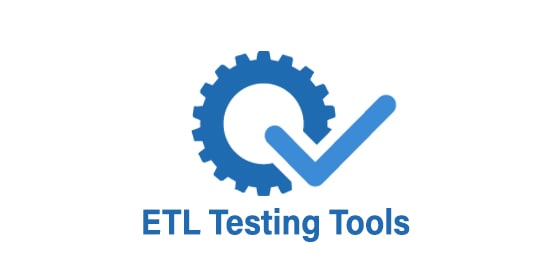
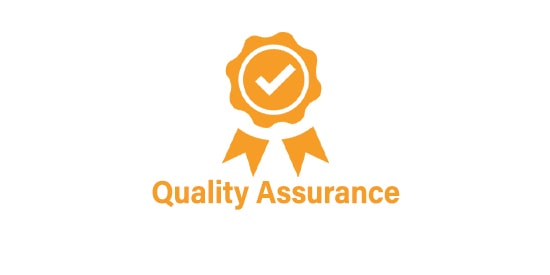
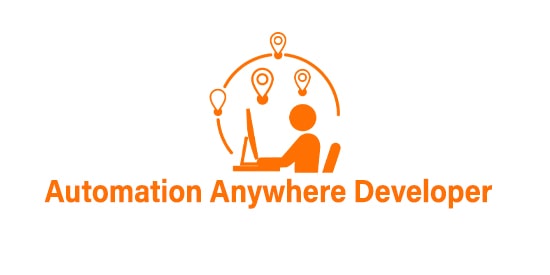
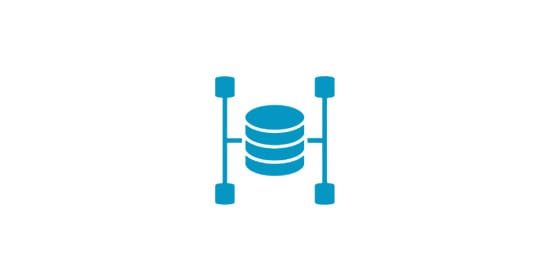
-cover-min.jpg)
